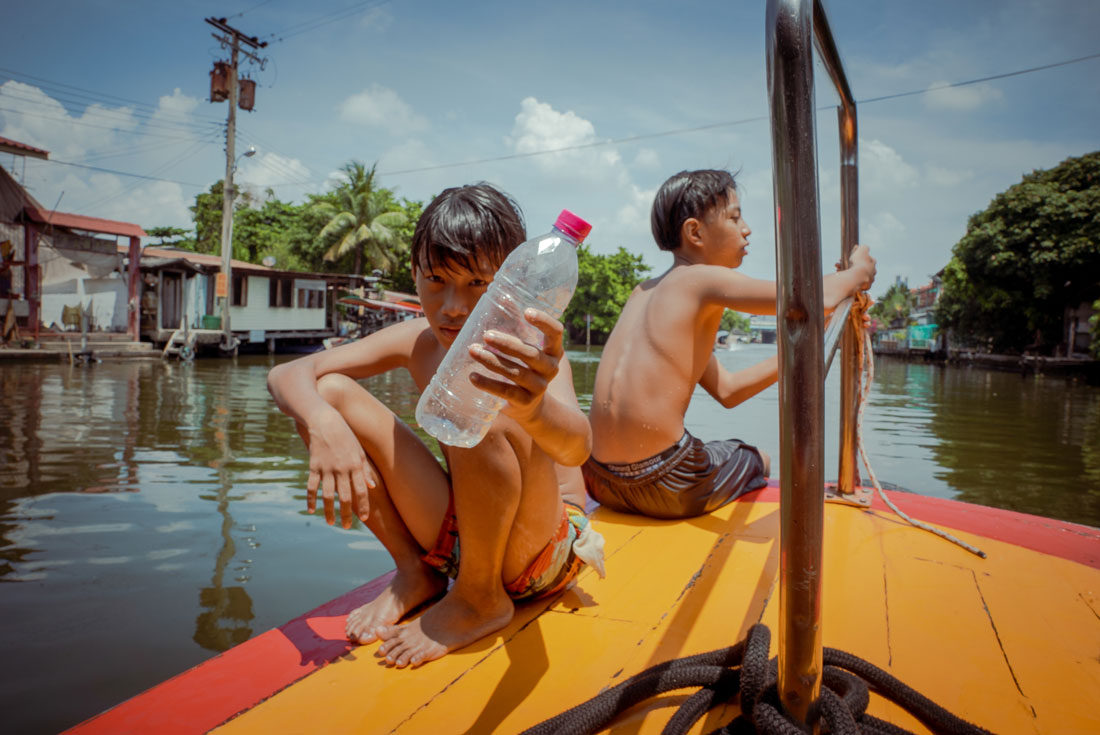The Henry Luce Foundation is pleased to announce four grants, totaling $2,935,000, awarded through the fourth round of the Luce Initiative on Southeast Asia (LuceSEA) competition. Work supported by this initiative engages with major areas of transnational interest such as environmental history and climate change; social and livelihood transitions in rural and urban communities; histories, mobilities and identities among Southeast Asian communities; and documentation of community history and memory.
The four projects described below—along with the ten previously-supported by LuceSEA—address the major objectives of the initiative: infrastructure, innovation and collaboration. Collectively, they reinforce the keystones of the academic study of Southeast Asia and establish new benchmarks through critical and interdisciplinary approaches. Some projects are developing new linkages between area-focused scholarship and Asian American studies. Some are bringing strength on Southeast Asia to parts of the United States with fewer academic resources on the region. All are building capacity, creating new resources, and reinforcing networks.
Bophana Audiovisual Resource Center, Phnom Penh, Cambodia — Training tomorrow’s film directors and promoting exchange and archival development through Cambodia’s filmmaking – a three-year grant of $500,000
With this grant, Bophana—a Cambodian non-profit dedicated to creating, preserving, and restoring audiovisual recordings of Cambodian history and culture—will conduct a training program for a new generation of Cambodian archivists, technicians, and film directors to produce short films on political, economic, and social issues affecting Indigenous and marginalized communities in Cambodia. Potential subjects include land dispossession, deforestation, economic insecurity and displacement, gender discrimination, and limited access to healthcare and justice. The grant will also enable collaboration with the University of California, Berkeley on film preservation and archival management to expand public access to Bophana’s material worldwide. It is hoped that these films—and the conversations they inspire—will help facilitate healing from genocidal wounds, amplify the voices of marginalized groups, and influence decisionmakers while opening new career opportunities for Cambodian youth.
East-West Center, Honolulu, HI — Vulnerable Deltas in Southeast Asia: Climate Change, Water Pollution, and Socio-Economic Transformation – a four-year grant of $945,000
In collaboration with Southeast Asian universities and NGOs, the East-West Center and the Wilson Center’s China Environment Forum will research the multidimensional vulnerabilities and socio-ecological transformations of three major river deltas in Thailand, Cambodia and Vietnam, and Indonesia. The studies will be organized around four themes—Development, Dispossession and Violence; Climate Shocks and Slow-Onset Environmental Change; Migration and Labor; and Risk and Resilience—to generate evidence-based recommendations that support communities at risk, inform new interdisciplinary and multilingual educational materials in Southeast Asian languages, and draw attention and offer solutions to the intensifying threats to Southeast Asian deltas.
University of North Carolina at Chapel Hill, Chapel Hill, NC — Bringing Southeast Asia Home – a five-year grant of $900,000
Bringing Southeast Asia Home is an effort to approach Southeast Asian studies in relation to a diverse and changing U.S. South. Our grant will support collaborative research with Southeast Asian partners in fields including anthropology, linguistics, urban and environmental studies, and public health; organize workshops to foster a network of scholars in the Carolina region; and further develop an initiative enabling students at UNC-system schools to study Vietnamese. These and other efforts will inform the design of a minor in Southeast Asian studies, the first of its kind in the Southeastern United States. Postdoctoral fellows will partner with UNC’s Critical Ethnic Studies Collective and Asian American Center to build diasporic studies focused on connections with Southeast Asia. With the Carolina Population Center, the project will offer training to the state’s growing Southeast Asian heritage population on how to do survey work in their own communities, enhance their visibility, and advocate at the local and state levels.
University of Utah, Salt Lake City, UT — For a new faculty position in Geography working at the nexus of health, environment and development in Southeast Asia – a five-year grant of $590,000
A grant to the University of Utah will seed a faculty position in Geography to expand its Southeast Asia program and continue work with the Mekong Region Development Research Group, an international consortium of social scientists and practitioners in policy and civil society, to catalyze collaborative research and student training focused on the health-environment-development nexus in Southeast Asia. An inclusive discipline that spans the social, health, and physical environmental sciences, the field of geography integrates qualitative, quantitative, and spatial analytic methods. With this new hire, UU anticipates knowledge creation and exchange connecting Southeast Asian scholars and students with UU social scientists specializing in environmental justice and health disparities, and in geospatial, climate change, and hazards modeling.
Announcing Round Five
The Luce Initiative on Southeast Asia (LuceSEA) is now accepting submissions for Round Five (2022–2023). Application guidelines with details on the competition schedule and how to submit a Concept Note are available at the link below.







